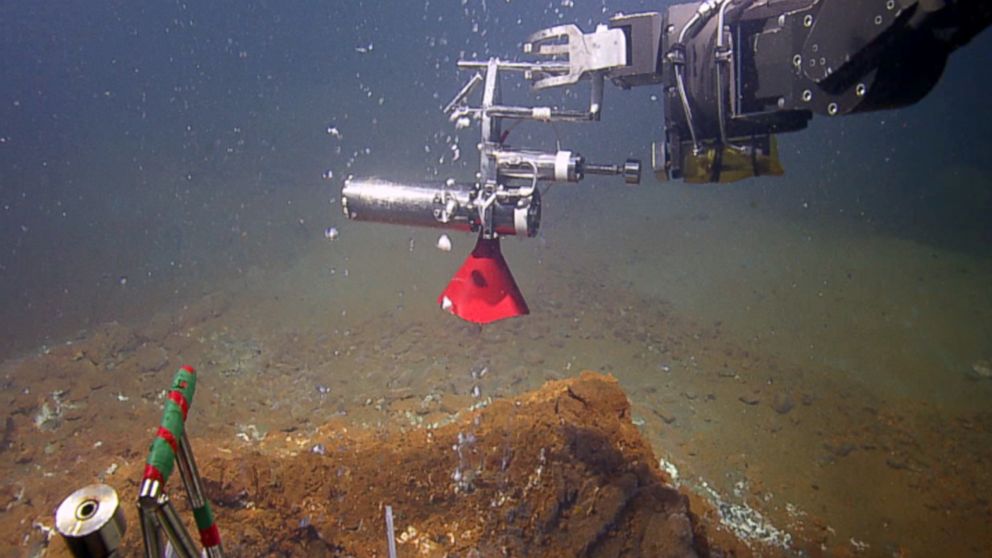Acidic ocean deadly for Vancouver Island scallop industry
Posted: Feb 25, 2014 8:58 PM PT
Last Updated: Feb 26, 2014 7:04 PM PT
The deteriorating health of B.C.'s oceans is impacting not only the province's marine life, but also its economy.
Millions of shellfish are dying off before they can be harvested at Island Scallops, near Parksville, B.C., due to
increased acidity levels in the ocean.
One-third of the workforce at Island Scallops — 20 people — are being
laid off because the business has lost more than 10 million scallops
before they were able to reach maturity since 2009.
"It's obviously kicked our feet out from underneath us," said CEO Rob Saunders.
He said low pH levels in the water appear to be the root of the problem.
Read More Here
.....

A worker harvests oysters for Taylor Shellfish
in Washington, another company grappling with the effects of ocean
acidification.
CREDIT: AP Photo/Ted S. Warren, File
A mass die-off of scallops near Qualicum Beach on Vancouver Island is
being linked to the increasingly acidic waters that are threatening
marine life and aquatic industries along the West Coast.
Rob Saunders, CEO of Island Scallops, estimates his company has lost
three years worth of scallops and $10 million dollars — forcing him to
lay off approximately one-third of his staff.
“I’m not sure we are going to stay alive and I’m not sure the oyster industry is going to stay alive,” Saunders
told The Parksville Qualicum Beach NEWS. “It’s that dramatic.”
Ocean acidification, often referred to as global warming’s “evil
twin,” threatens to upend the delicate balance of marine life across the
globe.
Read More Here
.....
Struggling shellfish farmers eye genomic research
High acidity is being blamed for a mass die-off of B.C. scallops.
Shellfish
farmers are appealing to the federal and provincial governments to
support genomic research in an effort identify oysters, mussels and
scallops suited to withstand the west coast’s rapidly changing marine
environment.
Oyster and scallop farmers from Oregon right up the coast of British Columbia are experiencing
massive die-offs of animals associated with rising carbon dioxide levels and increasing acidity in local waters.
“We’ve
been aware of these problems for quite a while and we just have to
learn to operate our farms under new parameters,” said Roberta
Stevenson, executive director of the B.C. Shellfish Growers Association.
“Genomics offers us an opportunity to develop an animal that is more
capable of adapting to this new pH level.”
Shellfish farms employ
about 1,000 people in mostly rural parts of the coast and generate about
$33 million in sales each year, Stevenson said.
Read More Here
.....




